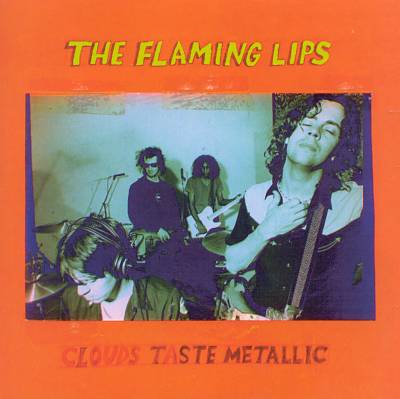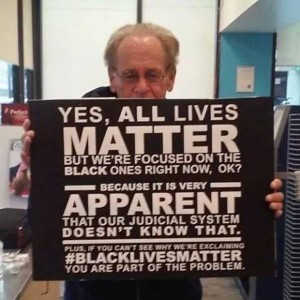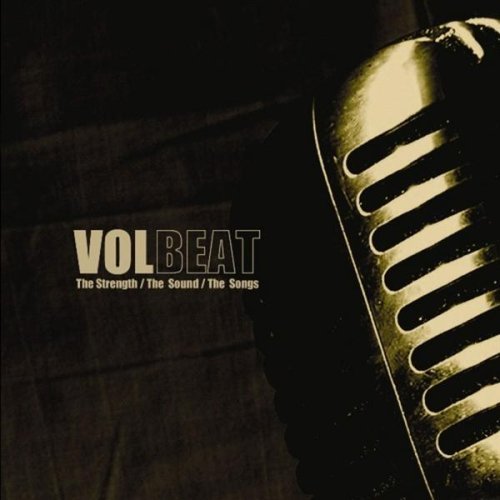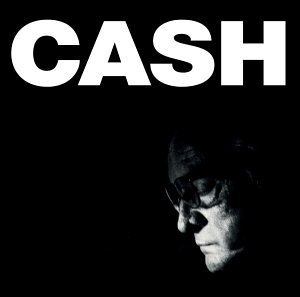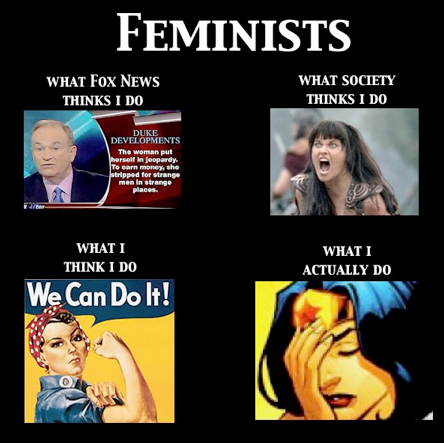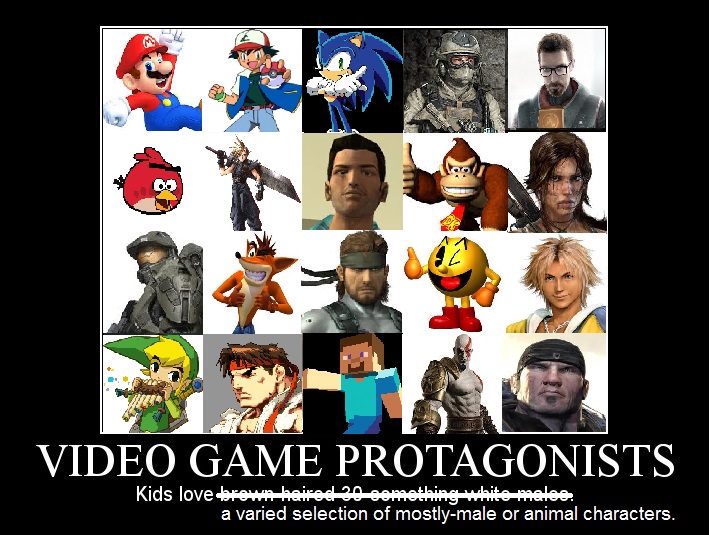Good news – the Metal Gear retrospective is 100% complete and ready to go in the new year!...
Month: December 2015
We’re going for a Christmas theme this week on the playlist (for obvious reasons, I would hope)....
There’s a recurring argument which seems to occur within my family every couple months. Most recently it...
First up this week is the famous title track from “American Pie” by Don McLean (no, not...
I just want to put in a post-script to the SJW posts before we get into the...
Depending on how much attention you pay to gaming news, you might have heard about the latest...
The amount of hate out there for SJWs at the moment is insane. I haven’t seen this...
Good news: the Metal Gear retrospective is proceeding very smoothly. I have only 4 games left to go...
I have been kind of withholding a post on the Planned Parenthood shooting because I have been...

